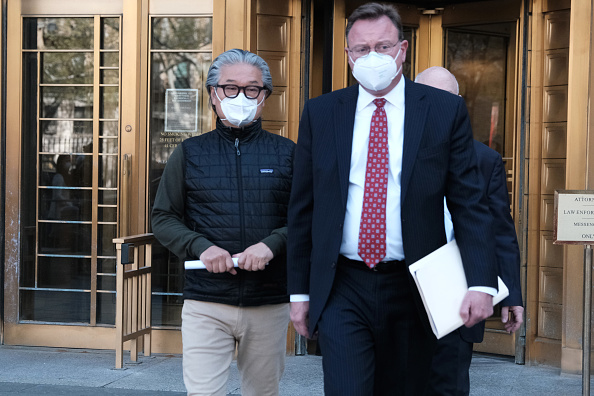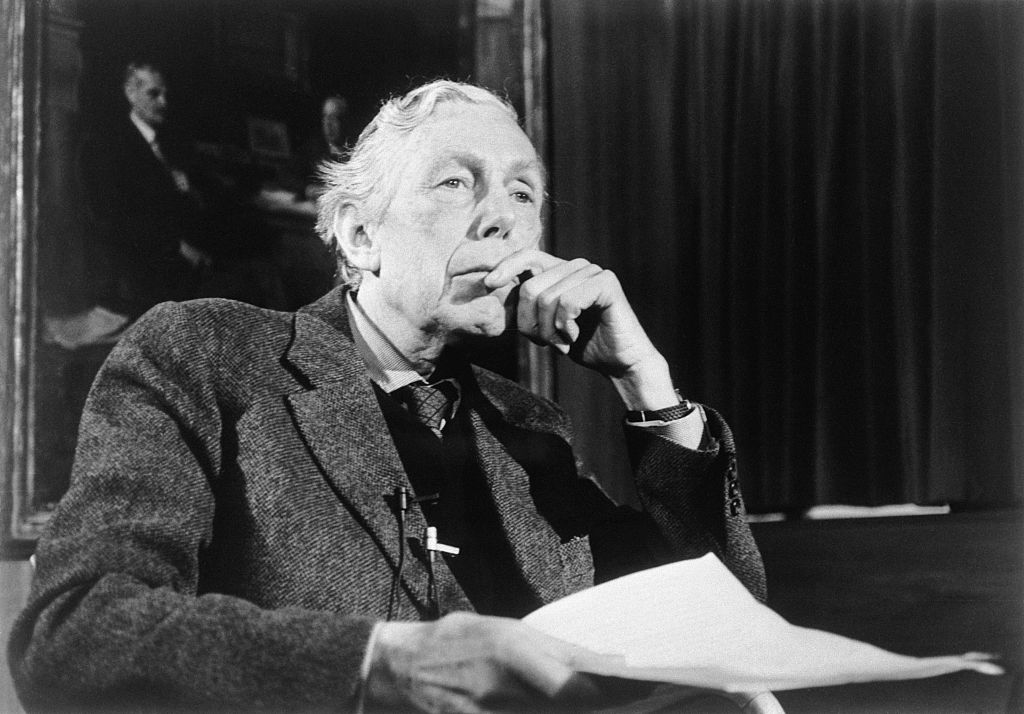The 2017 presidential election marked a major reshuffle in French politics, with the election of the youngest President of the 5ème Republic, who had broken into politics two years earlier. In just a few months, Emmanuel Macron had shattered the party system that had gradually taken hold in France over the previous forty years.
Faced with the great fear that had gripped part of Western society in the face of the populist wave that had led to Brexit and then the election of Trump, Macron had brilliantly succeeded in opposing a “populism of the elites,” offering an alternative to the more traditional populism embodied by Marine Le Pen on the right and Jean-Luc Mélenchon on the left.
In 2019, French political life seemed set to gradually reorganise itself around a new divide between “progressives” and “nationalists,” as desired by both the President of the Republic and his opponent in the 2017 second round, Marine Le Pen. The battle had been fierce between these two forces, which between them had garnered almost one in two voters in this election.
A few months ago, the balance of power announced a new duel, albeit less close, between these two currents, who were to face each other again in the second round of the 2022 presidential election. With three days to go to the vote, this scenario had been completely shattered, as the balance of power between the Rassemblement National (33% of voting intentions) and Renaissance (15%) appears so unbalanced. How did it come to this?
Re-elected in 2022 despite a record contested by 60% of the French people, President Macron is undoubtedly paying the bill two years later. While he managed to avoid a debate on his record two years ago thanks to the exceptional circumstances in which the campaign took place (in the midst of Russia’s invasion of Ukraine), the presidential majority is unable to do so today.
The President of the Republic’s popularity is at one of its lowest levels since his election (30%) and he has had to contend with several waves of strong discontent on the streets: in 2023 with the protest against his pension reform and at the beginning of 2024 with the farmers’ movement.
Contrary to what he managed to do five years ago, this unpopularity is preventing him from influencing the campaign and supporting his camp’s list. All these interventions so far have had no effect on the Renaissance list’s voting intentions, which have been falling steadily since April, from 20% to 15% today.
The electoral sociology of “Macronism” has sunk like a stone. Apart from among the oldest voters, the fall in support for the presidential majority is vertiginous, and it even seems to have all but disappeared among voters aged under 35 and the working classes.
Conversely, the Rassemblement National and its young candidate Jordan Bardella have succeeded in establishing themselves as the vote expressing dissatisfaction with Emmanuel Macron. Our surveys show that voters on the right of the political spectrum are over-mobilised: while they represent only 17% of French voters, they account for 27% of those intending to vote on Sunday.
In contrast to Macronism, the Rassemblement National looks set to expand its electorate massively. While retaining the support of the categories that have made it so successful over the past 30 years (the working classes, and in particular blue-collar workers, 50% of whom told us they wanted to vote for Bardella, or the low-skilled), the far-right party is making phenomenal inroads among the middle classes, where it looks set to double its score compared with 2019 (now 35%).
It has to be said that the issues being debated in the country at the moment are all in favour of the Rassemblement National. Purchasing power, security and immigration are the three current priorities of the French, which are exactly the themes that Marine Le Pen has taken up since her 2022 campaign.
Similarly, while the post-Brexit period saw support for Europe rise in France, we are now witnessing a very strong resurgence of euroscepticism, as highlighted by the latest Eurobarometer surveys, which place France among the countries most critical of the European Union.
As for the theme of the environment, which will be very prominent in 2019, it seems to have been virtually absent from this election campaign since the start of the year. Already on the back foot since the return of inflation, it has borne the brunt of farmers’ protests and debates on the excesses of the Green Deal, in France as in many other European countries.
Apart from the weakening of the Renew group in the European Parliament that the fall of “Macronism” between 2019 and 2024 will bring, this likely failure will have major consequences for preparations for the 2027 presidential election in France.
With the Renaissance weakened, who will now be in a position to embody the moderate camp in the face of the rise of the populist Rassemblement National and likely to block its path at the next presidential election?
Although the RN is clearly on the rise, its structural weaknesses remain if it wants to muster more than 50% in a second round of presidential elections, particularly its performance among the older electorate (which represents one in four voters in France). On Sunday, it could obtain less than 25% in this age group. Similarly, to date, no other political force is prepared to form an alliance with him, unlike Frattelli d’Italia and Meloni.





Zelensky drags America into war, or Zelensky loses